Some hollowed-out models may crack or even rupture after being stored for a long time. What causes this?
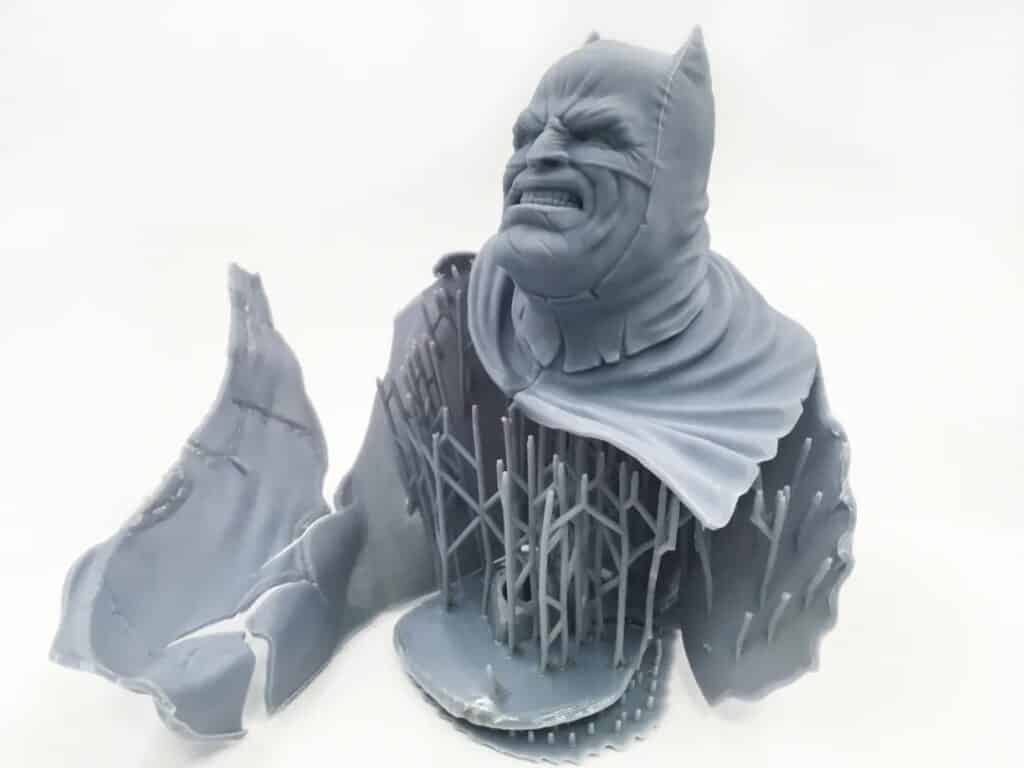
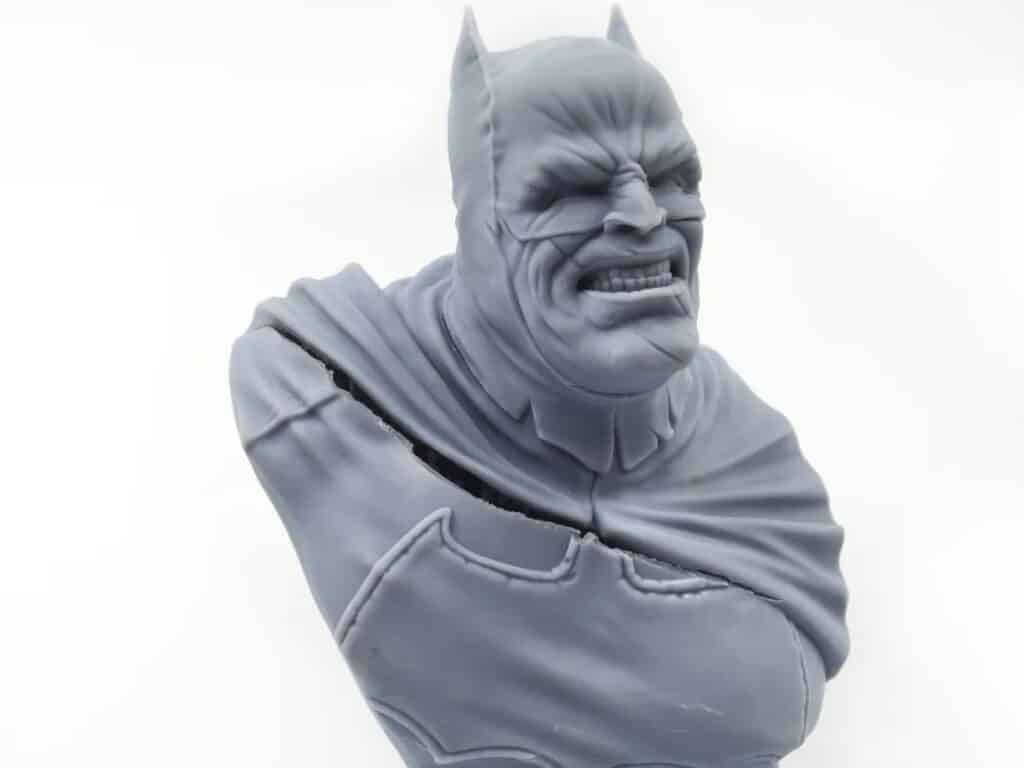
Post-curing process
Although the model has been formed, the surface is still relatively sticky and soft. At the completion of 3D printing, the parts are usually not totally cured, so the post-curing treatment is required to complete the unfinished reaction. Post-curing can improve material properties such as strain modulus, strength, and stability. The surface of the post-cured model is harder and drier and can be stored longer.
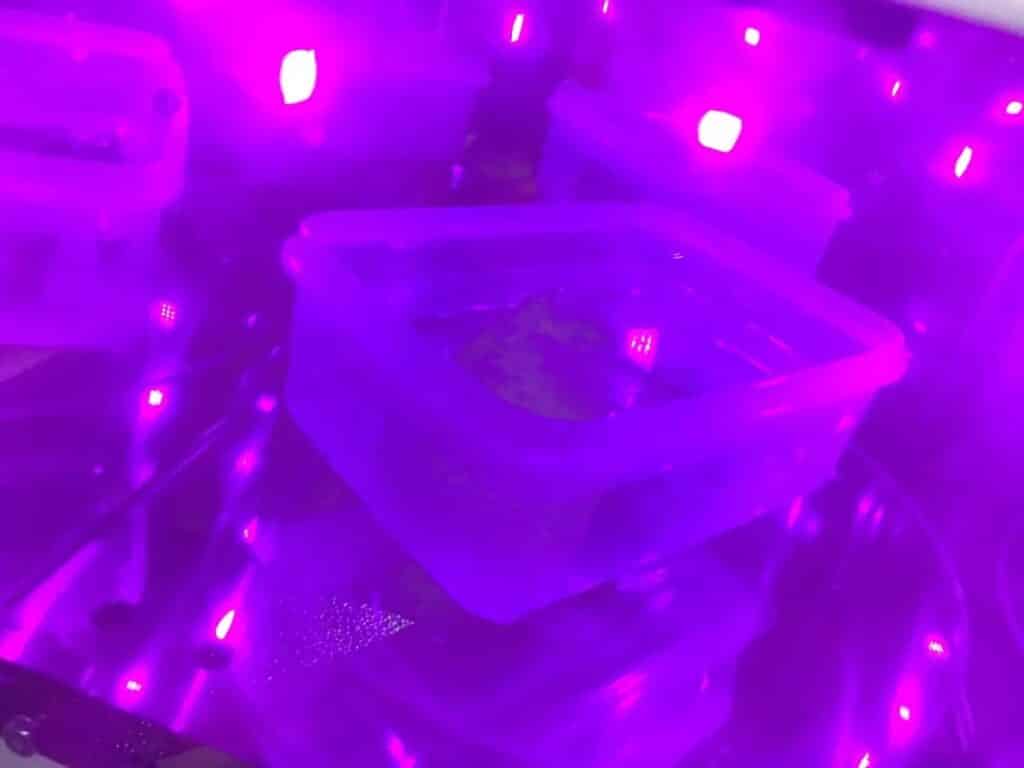
Inner wall cleaning
If the inner wall of the model is not correctly cleaned, the remaining liquid resin has intermiscibility and will dissolve the cured resin. After a long period of penetration and corrosion, problems such as cracking or cracking will occur.
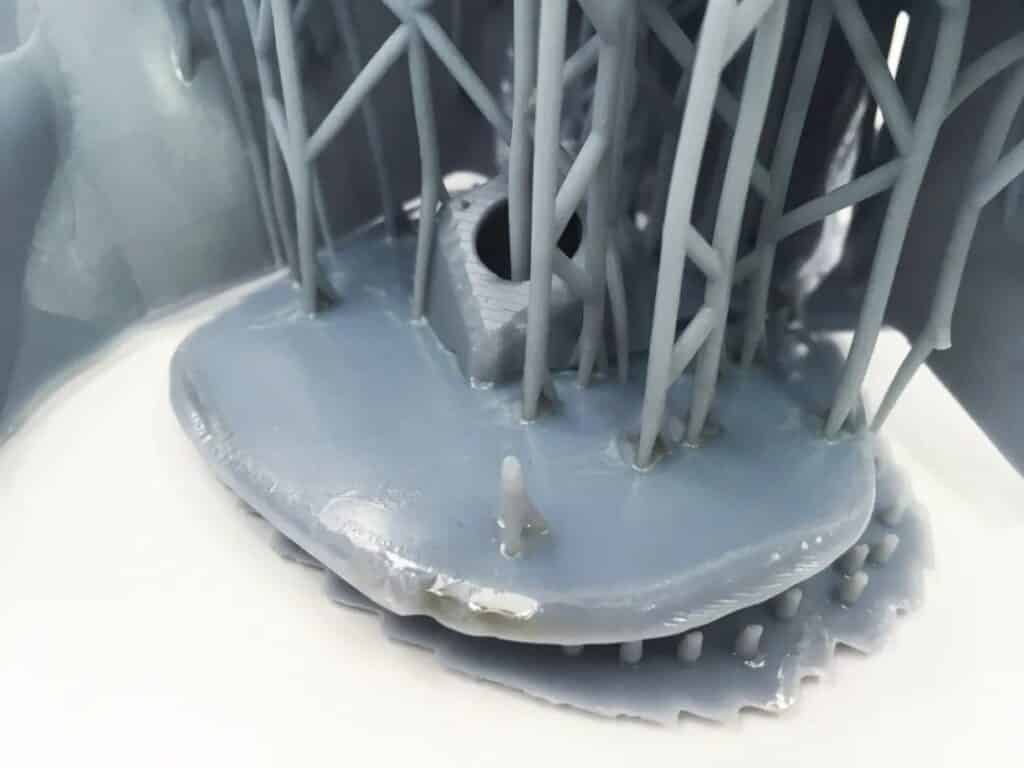
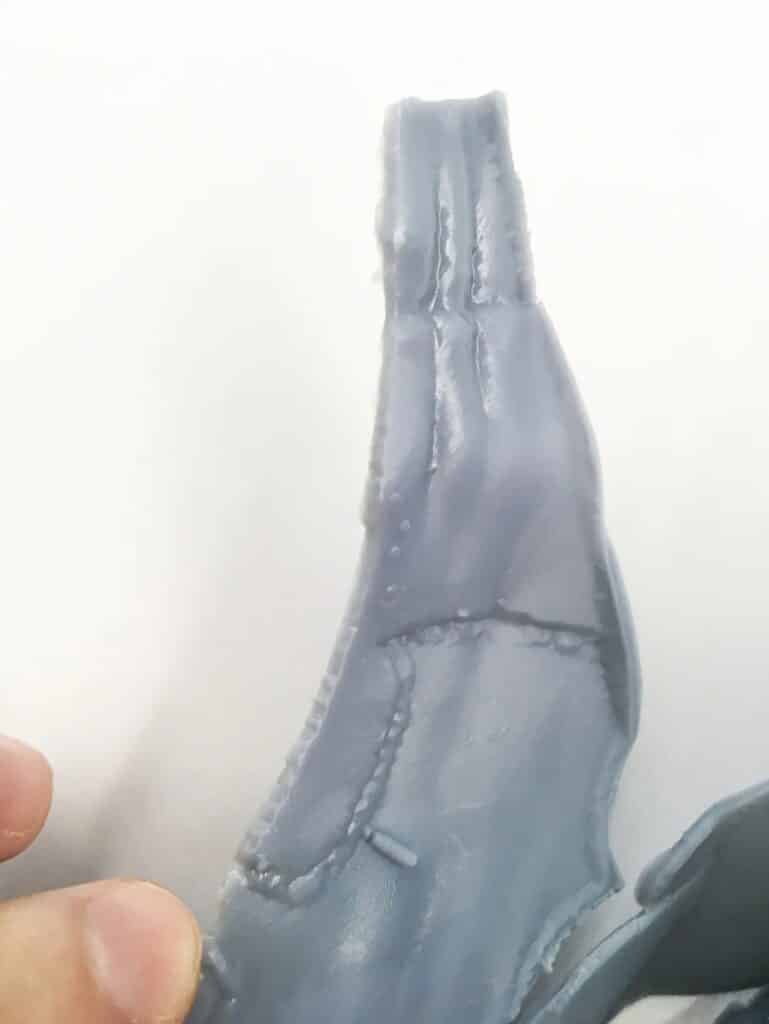
Internal stress
The so-called internal stress refers to the stress remaining inside the object after the external load is removed. It is caused by uneven volume changes in the macro or microstructure inside the material. In the absence of external forces, internal stresses in the material due to improper processing, temperature changes, solvent effect, etc. will cause internal stresses, causing the model to crack or even break.
The selection of resin materials
The photosensitive resin material exhibits different properties according to different formulas or manufacturing methods, and is suitable for different applications. In general, tough materials such as ABS-like resins usually have a good balance of strength (stress that the material can withstand) and ductility (elongation or strain percentage), and can withstand higher stresses or strains and are not prone to brittle fracture. If the resin has poor toughness, on the contrary, the brittle fracture will easily occur.